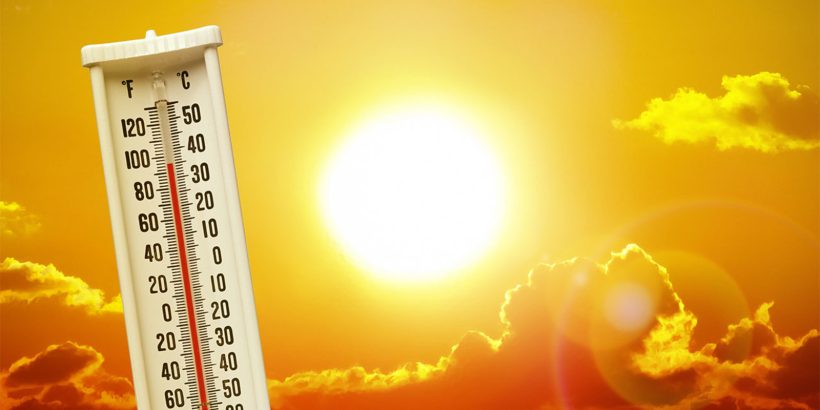September 1, 2022
For many Americans, the summer of 2022 has been a blistering hot and humid miserable existence. It’s just one of those years when one truly appreciates the comfort provided by something as simple as an air conditioning unit. How did we live without them?
Ryan Ledendecker
But for some 22,000 Xcel Energy customers in Colorado who wanted to be a little more comfortable on Tuesday when the thermometer was pegged at 90+ degrees, a bizarre message flashed on their thermostats indicating they’d lost the ability to control the temperature in their own homes.
According to KMGH-TV, “Energy Emergency” was part of the message that flashed on thermostats as temperatures skyrocketed and Xcel customers desperately tried to crank the A/C.
“Temperature locked temporarily during energy emergency. Due to a rare energy emergency that may affect the local energy grid, your temperature slider has been changed from 8:00 pm – 8:00 pm because you enrolled in a Community Energy Savings Program,” the full message read.
However, customers enrolled in the otherwise innocent-sounding “program,” like Tony Talarico, had absolutely no idea they could lose full control of the ability to cool down their house during a nasty heat wave.
“Normally, when we see a message like that, we’re able to override it,” Talarico said, according to KMGH-TV. “In this case, we weren’t. So, our thermostat was locked in at 78 or 79.”
“To me, an emergency means there is, you know, life, limb, or, you know, some other danger out there — some, you know, massive wildfires,” Talarico said. “Even if it’s a once-in-a-blue-moon situation, it just doesn’t sit right with us to not be able to control our own thermostat in our house,” Talarico continued. The news outlet added that some customers’ homes reached a disgusting 88 degrees.
What was the “emergency” Xcel used to snatch away control from its customers? The company said it was due to an outage in Pueblo, Colo., combined with the heat wave and subsequent heavy use of air conditioning. One might assume a large energy company would have been prepared for some late summer heat.
Talarico wasn’t alone in sharing his outrage, as numerous Xcel customers took to social media to express their shock and disgust over the situation.
“CO is as well…just got my first taste of Green Control yesterday…recently had a new AC installed…with a fancy smart thermostat…the power company (Xcel) changed my thermostat to 78 (from 74) yesterday afternoon,” one Twitter user wrote.
Another Twitter user added, “Utility company tricked you/us. They hid a line of text in the fine print when you ‘signed up for subsidies’ giving @XcelEnergy coverage to force [its] customers to ‘opt out’. Legal disclosures should NOT take advantage of people. Bad form @XcelEnergyCO.”
An Xcel executive addressed the company’s first test of what feels like energy nanny statism in a statement to local media outlets — and had the audacity to blame customers for the uncomfortable situation.
“It’s a voluntary program,” said Emmett Romine, Vice President of Customer Solutions & Innovation at Xcel. “Let’s remember that this is something that customers choose to be a part of based on the incentives.”
He added, “So, it helps everybody for people to participate in these programs. It is a bit uncomfortable for a short period of time, but it’s very, very helpful.”
Upon further research, the “incentives” referenced by Romine are laughable at best. First of all, customers who enroll in the program are clearly not aware of the fact that they can literally lose control of cooling or heating their home. Then, as a reward for their compliance, Xcel offers customers a whopping $100 credit up front and $25 annually.
Now that Xcel customers know they can lose the ability to raise or lower the temperature in their homes for a measly $25 a year, hopefully all 22,000 who were affected will not only opt out of the program but those who have options will also shop for a new energy provider.
News Stories Researched and Posted by Our Team of Volunteer Citizen Journalists.


